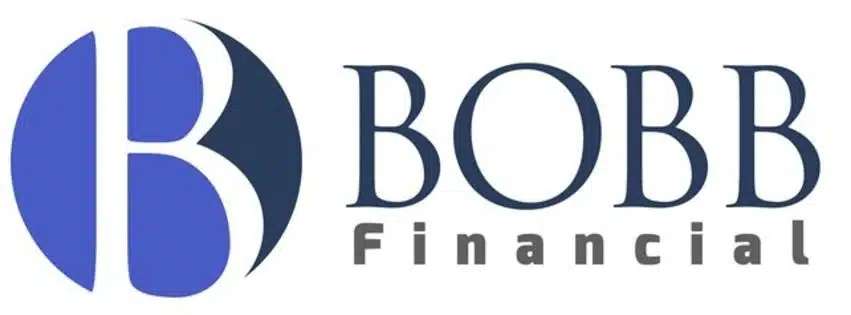The Roth Thrift Savings Plan was introduced in 2012 for federal employees. Many federal employees have considered whether or not they should invest in Roth TSP and what the advantages are, yet I have seen very few employees actually invest in Roth TSP.
In a previous article I covered some common misunderstandings about Roth TSP. One of those misunderstandings is that the investments are different, but they are actually the same as they are in TSP. You will also receive matching funds from the government if you contribute to Roth TSP, but the matching funds will go into your traditional TSP.
There is also a misconception about who can contribute to Roth TSP. Every employee has the option to contribute, regardless of income. Roth IRAs have an income limitation for contributions, but that is not the case for Roth TSP.
What is different about Roth TSP?
The Roth TSP has different tax benefits than traditional TSP.
- Funds get invested in Roth TSP after you have paid income taxes, where traditional TSP funds are invested before taxes are deducted.
- Both accounts grow tax deferred
- Distributions from Roth TSP are income tax free versus fully taxable when taken out of traditional TSP
Is Roth TSP or Traditional better?
This is a question that takes a little analysis. The traditional TSP gives participants an immediate benefit by lowering their adjusted gross income (AGI), which means less taxes are paid today. The tax benefit for Roth TSP comes when a participant takes distributions and receives tax free income.
Traditional TSP is an immediate benefit, where Roth TSP is a delayed benefit.
The traditional TSP is probably the way to go if you are certain you will be in a lower tax bracket in retirement, and you plan to take a substantial income from your TSP. If that statement doesn’t fit you, then read on to learn about advantages of the Roth TSP.
You expect to be in the same tax bracket, or higher tax bracket in the future
If you expect to have a higher income later in your career, or in retirement, then a Roth TSP is a great fit. Even if you expect to be in the same tax bracket in retirement, the Roth TSP can be a good fit.
For those that expect to be in a higher tax bracket in the future, it is a good idea to pay taxes today in return for tax-free future income. Regardless of what happens to future tax rates, you know that you won’t pay income taxes on your Roth earnings.
You don’t want to take withdrawals at age 70.5
Both traditional and Roth TSP require distributions once a person attains age 70.5 (unless that person is still employed by the government). However, if a person were to roll over their Roth TSP to a Roth IRA, they could eliminate that issue. Roth IRAs don’t require distributions at any age.
A federal employee can contribute to Roth TSP and transfer their Roth balance to a Roth IRA at retirement. This way, you avoid taking the required minimum distributions on Roth TSP.
You want to leave money to non-spouse beneficiaries
A Roth IRA or TSP can be a very powerful estate planning tool. For individuals that don’t plan on spending all of their money and have a desire to gift assets to their heirs, the Roth TSP can be a great fit.
Leaving a Roth IRA to your kids can give them the benefit of tax-free income for their lifetime. A beneficiary can withdraw the entire balance of a Roth IRA income tax free, or leave it in an inherited Roth IRA that can be stretched over their lifetime. Stretching the Roth IRA makes it income tax free over the beneficiary’s lifetime as well as the account holder’s lifetime. That’s a lot of tax free!
What should you do?
Taking a little time to figure out if Roth TSP is right for you can pay off in the long run. Here is a short list of questions to help you decide.
- What tax bracket are you in now?
- What tax bracket will you be in when you retire?
- What tax bracket are your children in? Which one will they likely be in when you retire?
- Will you be taking income from your TSP or investments when you retire? How much?
- Do you want to be forced to take income out of your retirement accounts?
- Do you have a desire to leave assets to your children or grandchildren?
Answers to these questions can help you decide whether or not Roth TSP is a good fit. As a specialist in Federal employee retirement, Roth or traditional is one of many questions that we help our clients with. If you would like to have a discussion about becoming a client you can schedule a phone call here.
Brad Bobb, CFP® is the owner of Bobb Financial Inc, and an expert in retirement planning for federal employees.

